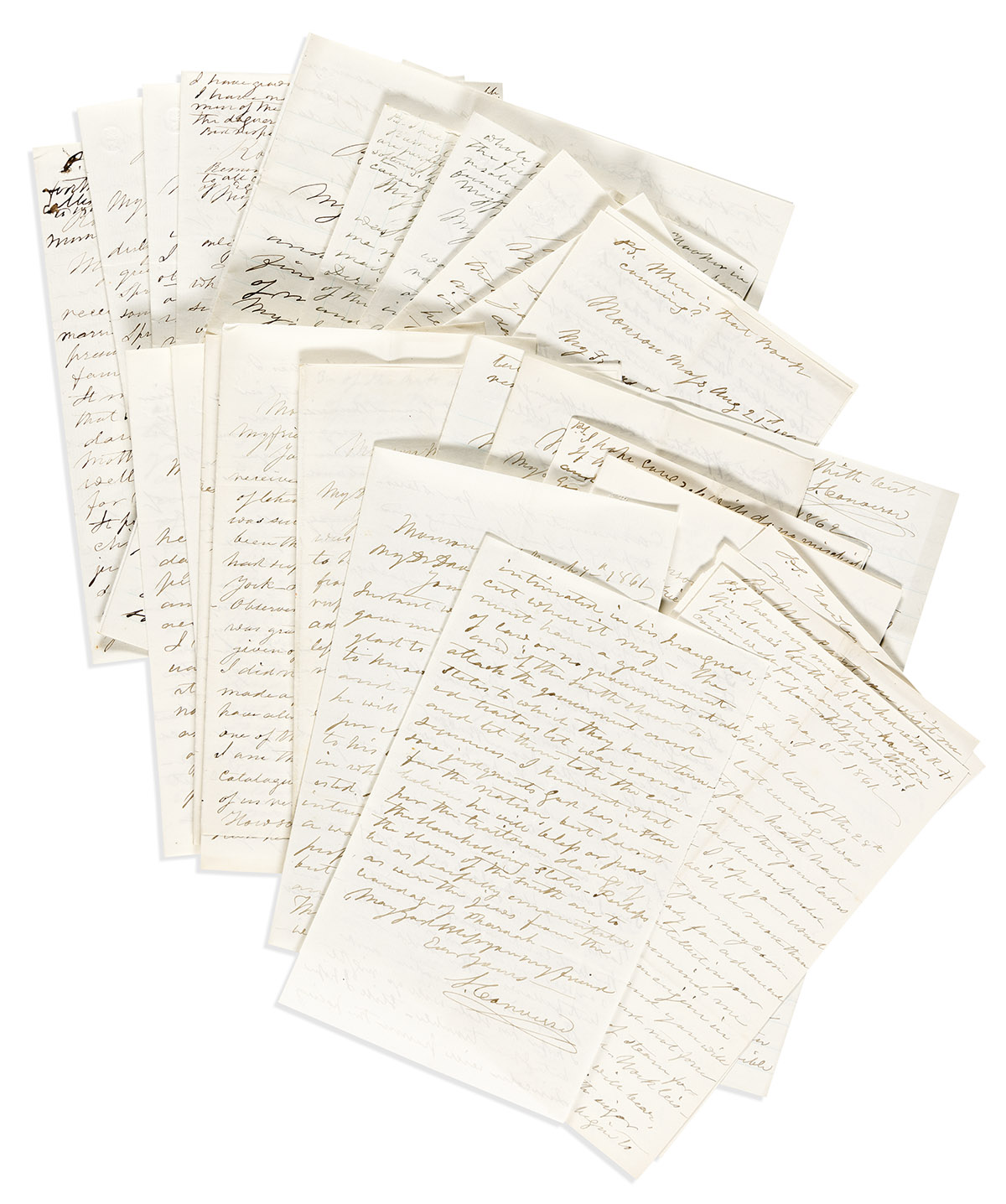Sale 2646 - Lot 127
Price Realized: $ 1,250
?Final Price Realized includes Buyer’s Premium added to Hammer Price
Estimate: $ 600 - $ 900


Aliquam vulputate ornare congue. Vestibulum maximus, libero in placerat faucibus, risus nisl molestie massa, ut maximus metus lectus vel lorem.